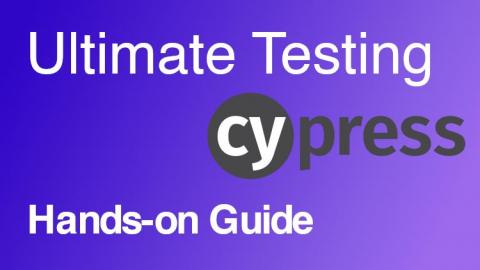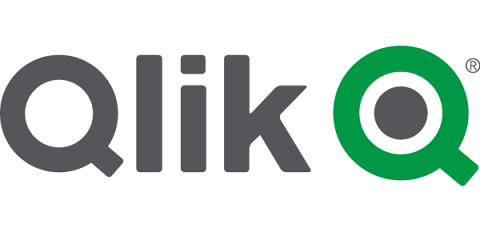Systems | Development | Analytics | API | Testing
%term
Cypress: The Web Testing Framework of the Moment
Cypress is one of the best web testing frameworks created so far. With more and more new web development frameworks on the market, it’s harder and harder to find an end to end testing or integration testing framework that would work well in any situation. In the recent years, we’ve seen a spike in web development frameworks, from Angular 1 or Angular 2, to the more popular React and VueJs, to new one like Svelte, and less popular like EmberJs and BackboneJs.
What are the characteristics of a Mobile DevOps environment?
Shipping the right app with the right functionalities to the right customer, at the right time is how you boost your ranking in the app store. Some of the key steps in this process are: continuously releasing high-quality software, listening to feedback, and providing new features to users — before they even know that they want them. To achieve all of this, app developers need two main things: automation tools and a growth mindset.
What if it was a software bug/virus? Cyber vs. COVID-19: A thought experiment
The metaphor of software viruses to biological ones is deeply ingrained, easily seen in the fact that biological viruses are at least the namesake, if not the inspiration for computer viruses. Can we take this analogy and reapply it in reverse? Is it possible to learn more about how we can combat biological viruses, such as the raging COVID-19 epidemic, by leveraging concepts, mindsets, and ideas that evolved in the software engineering and cybersecurity worlds?
Operational Database Accessibility
This blog post is part of a series on Cloudera’s Operational Database (OpDB) in CDP. Each post goes into more details about new features and capabilities. Start from the beginning of the series with, Operational Database in CDP. Cloudera’s OpDB provides a rich set of capabilities to store and access data. In this blog post, we’ll look at the accessibility capabilities of OpDB and how you can make use of these capabilities to access your data.
Fresh Features: the upgraded user experience
We’re continuing our series on the slick new features and design that you can find in Yellowfin 9 - a game-changing analytics product packed with new capabilities to help you get to actionable insights faster. It was time for a change to the look and feel of the Yellowfin platform and we also knew that some of the workflows could be enhanced. So, the major release of Yellowfin 9 was our chance to give Yellowfin a new look and improve the user interface and workflows while we were at it.
Has Data, AI and Bots Brought Us Closer Than Ever To Achieving The Modern Day KITT Car?
As a kid, I loved the TV show “Knight Rider.” But, for me, the star of the show wasn’t David Hasselhoff, it was the intelligent automobile KITT. KITT – the Knight Industries Two Thousand – was smart, funny and sarcastic, which is always well received by us Brits.
10 Points to Help You Choose the Right Test Automation Tool
Making a decision to start automation is easy but choosing an appropriate tool for automation is not. There are teams that are spending a lot on hiring new manual testing resources but find it hard to invest in automation. The reasons could be many.
Changing the Approach to Debugging in Ruby with TracePoint
Ruby has always been known for the productivity it brings to its developers. Alongside features such as elegant syntax, rich meta-programming support, etc. that make you productive when writing code, it also has another secret weapon called TracePoint that can help you “debug” faster. In this post, I’ll use a simple example to show you 2 interesting facts I found out about debugging.
Logging in Go: Choosing a System and Using it
Go has built-in features to make it easier for programmers to implement logging. Third parties have also built additional tools to make logging easier. What's the difference between them? Which should you choose? In this article Ayooluwa Isaiah describes both of these and discusses when you'd prefer one over the other.











